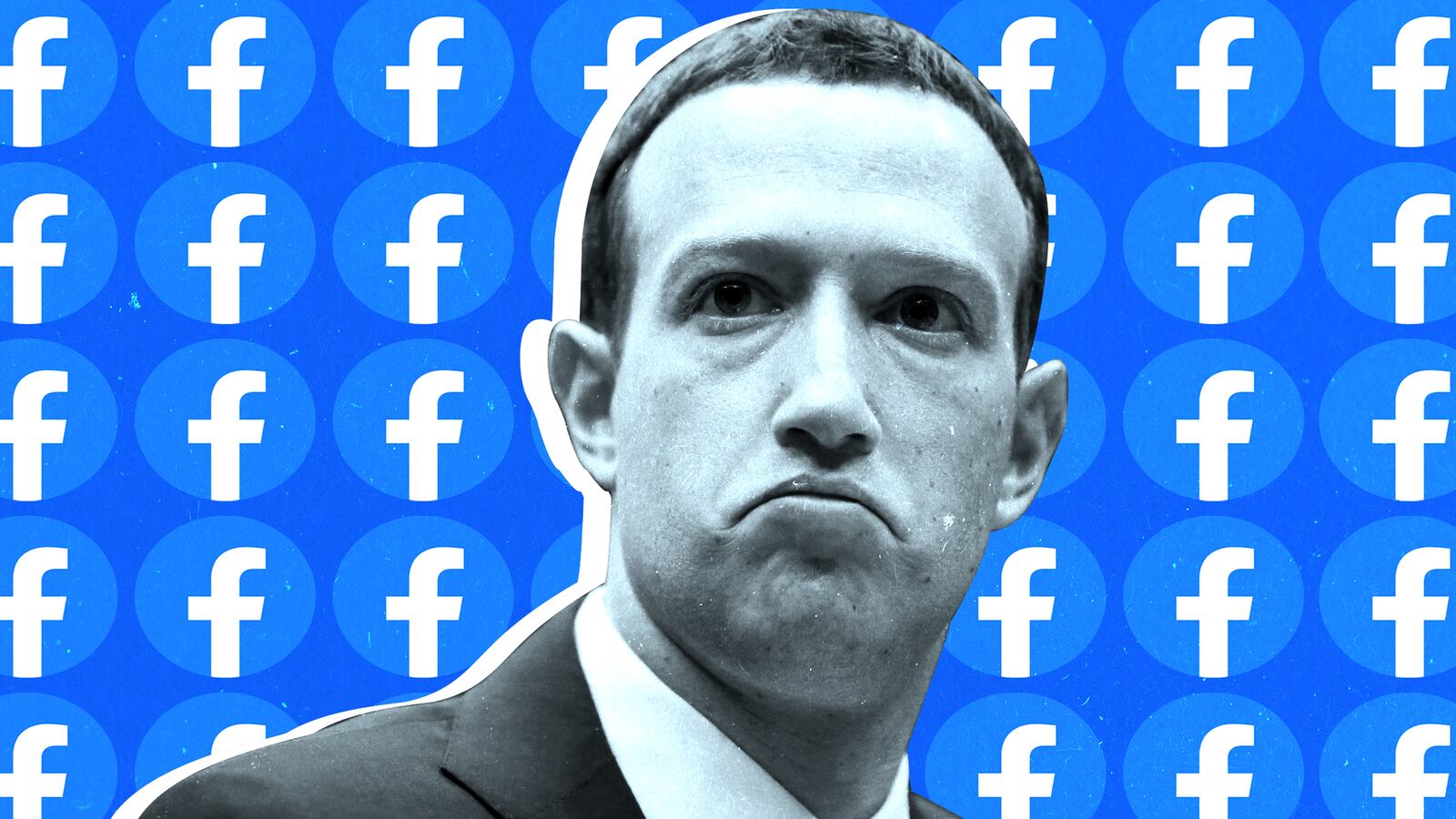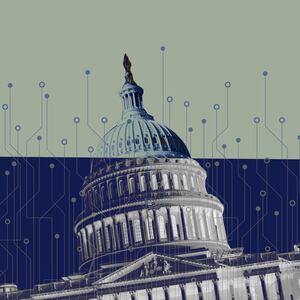You might think being forced to cough up $5 billion to the federal government for assorted misdeeds would be a bad look, but the normal rules rarely apply to Facebook.
On Wednesday, the company cheerily announced the details of its flashy wrist slap from the Federal Trade Commission, agreeing to the record-setting fine and some nominal new privacy reporting, though no meaningful changes to its way of doing business.
In a blog post echoing the FTC’s own grand language, the company heralded a new era, one implementing a “comprehensive new framework” for protecting user privacy and a “fundamental shift” in the way Facebook does business.
“[The agreement] will place additional responsibility on people building our products at every level of the company,” Facebook General Counsel Colin Stretch said. “It will mark a sharper turn toward privacy, on a different scale than anything we’ve done in the past.”
In spite of widespread criticism denouncing its fangless reproach for the world’s biggest social network, the FTC touted the $5 billion fine as a “record-breaking” effort that “significantly diminishes Mr. Zuckerberg’s power” while adding “unprecedented level of transparency for Facebook’s privacy practices.”
In its press release, the FTC included an infographic depicting the size of Facebook’s penalty as a large dot next to much smaller dots representing past settlements.
The fine punishes Facebook for violating the terms of a prior agreement with the FTC in 2012. Those violations include the Cambridge Analytica scandal but also Facebook’s other privacy missteps, including its use of facial recognition tech and its practice of using phone numbers obtained for two-factor authentication for advertising purposes.
In the 2012 settlement, Facebook agreed to “[give] consumers clear and prominent notice” and obtain “express consent” when it shared user data. That agreement was crafted for Facebook “to make sure it lives up to its promises in the future.”
Not everyone at the FTC agreed with the new settlement’s terms. FTC commissioners Rebecca Kelly Slaughter and Rohit Chopra dissented, criticizing the specifics of the deal for allowing Facebook to essentially self enforce any new requirements.
“$5 billion sounds like a lot, but the fine print in the settlement has a lot for $FB to celebrate,” Chopra said in a tweet outlining his objections to the terms of the deal.
“Mark Zuckerberg, Sheryl Sandberg, and other executives get blanket immunity for their role in the violations. This is wrong and sets a terrible precedent,” Chopra wrote in a tweet. “The law doesn’t give them a special exemption.”
Chopra and others called attention to the settlement’s sweeping language that it will “resolve any and all claims” that Facebook and its leadership violated the 2012 settlement’s terms.
“For a mere fraction of Facebook’s annual revenues, the FTC has given Facebook and executives like Mark Zuckerberg and Sheryl Sandberg blanket immunity for violations of the law that we know about, and even for potential crimes that are still unknown,” Senator Ron Wyden (D-OR) said, calling it “a sweetheart deal.”
Slaughter argued that while Facebook’s $5 billion fine is unprecedented, it still doesn’t scale to meet the company’s own unprecedented size and power.
“Even though this settlement is historic, in order to support it I would have to be confident that its combined terms would effectively deter Facebook from engaging in future law violations and send the message that order violations are not worth the risk,” Slaughter wrote in her dissent. “I do not believe that is the case.”
In its own post, Facebook echoed previous statements that the company would be held to a standard exceeding what the law requires. “We hope will be a model for the industry,” Stretch wrote.
Stretch, who represented Facebook before Congress over the platform’s role in Russian election interference, announced that he was leaving the company at the end of last year. Then he changed his mind, deciding to remain in his role as Facebook’s top lawyer when it became clear that the company still needed a steady legal hand to steer it through enduring regulatory and privacy woes.
While a less supersized company might fold under even a fraction of the newly-imposed financial burden, the $5 billion fine will be merely be a bump in the company’s financial roadmap—and one it was already planning for. During its April quarterly earnings call, Facebook said it would set $3 billion aside to deal with the anticipated fine.
On Wednesday, Facebook published its own infographic outlining its loose set of new privacy requirements, many of which will amount to additional paperwork and reporting to a self-satisfied FTC. The company also provided new video clips of Mark Zuckerberg speaking on the topic.
“We are extremely proud of the landmark penalty and conduct relief announced today,” the FTC commissioners in favor of the settlement wrote in a public statement.
For Facebook, the deal fits neatly into a useful narrative. The punishment sounds severe, and for any business massive by normal standards, it would be. But Facebook is already on to the next thing. With lawmakers lining up to take the company down a notch, Facebook is assuming a cowed posture as it trudges into the battle around the corner—and the one after that.
The big FTC deal wasn’t even Facebook’s only fight of the day. Toward the bottom of the blog post atoning for its privacy sins, the company noted that it also agreed to fork over $100 million to the Securities and Exchange Commission for failing to disclose privacy failings to investors.
“We have a responsibility to protect people's privacy,” Facebook’s Mark Zuckerberg said of the settlement. “We already work hard to live up to this responsibility, but now we're going to set a completely new standard for our industry.”







